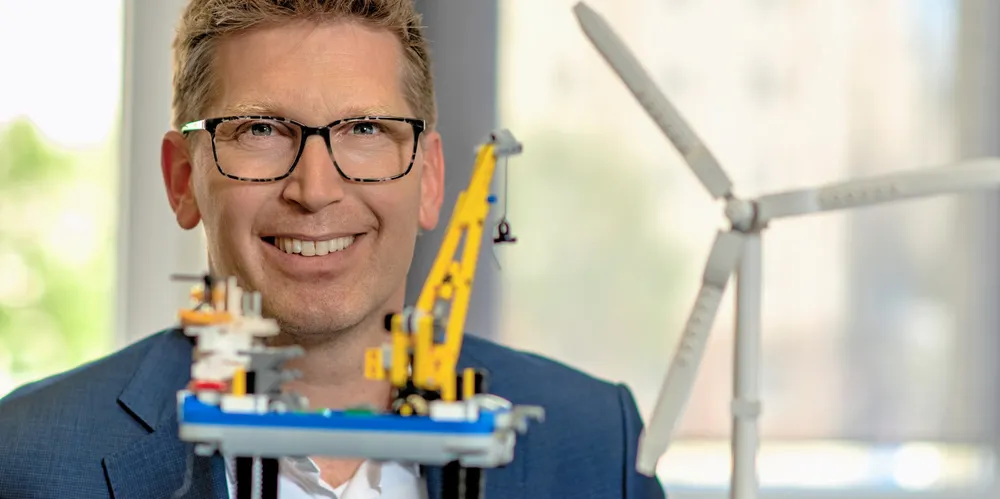'Protecting offshore wind energy is security issue' | German operators demand state action
Event at UK Embassy in Berlin issues series of recommendations to enhance security of critical maritime infrastructure

German offshore wind operators at an event with the UK department for business and trade have issued a series of demands on how the state should take responsibility for the protection of offshore wind infrastructure in the wake of geopolitical events, in particular Russia’s invasion of Ukraine.
“Protecting offshore wind energy is a security issue,” Stefan Thimm, managing director of German offshore wind operator’s group BWO said at the event on the security of offshore infrastructure held at the UK Embassy.
“With the expansion targets of 70GW to be fed into the German power grid by 2045 and 300GW to be fed into the European power grid, this technology is playing an increasingly important role in the energy supply of Germany and Europe.”
“The UK shares the same vision with our partners in Germany: to make the North Sea the green energy centre of Europe. And our contribution to this vision is enormous – with 77GW in the pipeline, the UK will contribute almost a third of the future energy hub,” Kathryn Boyd, country director trade Germany at the UK department for business and trade at the British Embassy Berlin said.
<b>To enhance the security of wind at sea, the BWO issued a list of recommendations:</b>
1. the state should take responsibility.
– In an emergency, state security forces are required
– The industry provides support, for example by reporting sightings of unknown ships during maintenance work
2. Comprehensive situational description of the maritime area – including underwater
– The (German) Maritime Security Center (MSZ) should be strengthened
– Federal police, navy, water police and the accident command should coordinate more closely
3. Act quickly in an emergency
– Time-critical situations should be prepared and rehearsed
– Avoid delays
4. Strengthening the federal police
– The federal police need equipment
– They should train for emergencies together with operators and authorities
The problem of security risks to offshore wind has also surfaced on the radar of EU institutions, although so far on a lower level.
The European Defence Agency acts EU-wide to help member states buy, develop and operate new assets together to save money, thereby allowing national militaries to work closely together with NATO. It has no military assets of its own.
(Copyright)